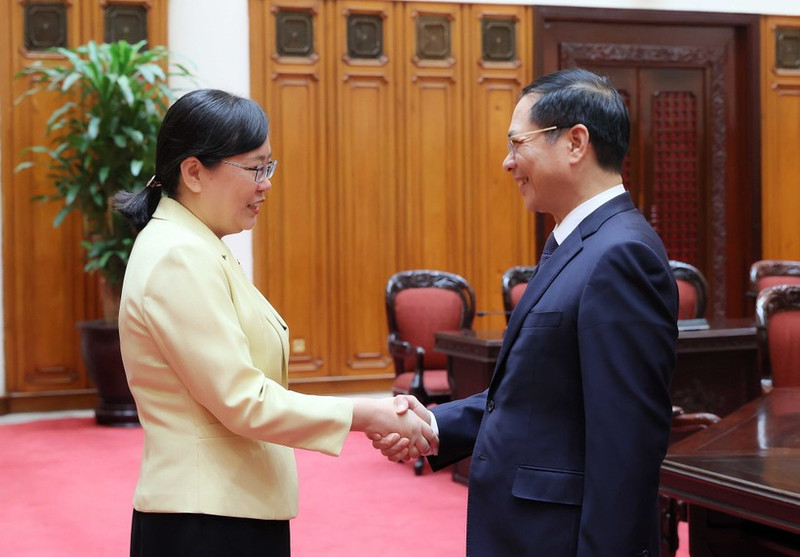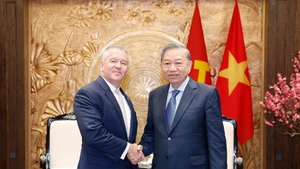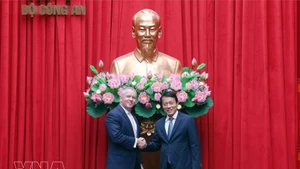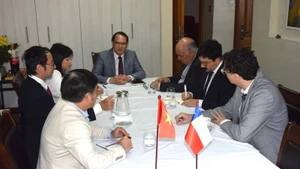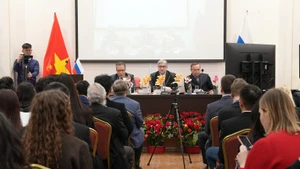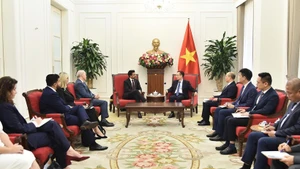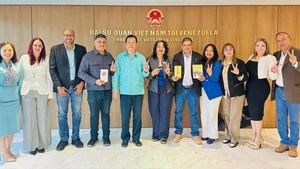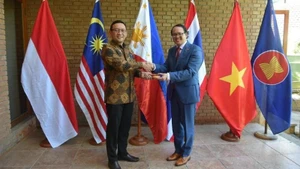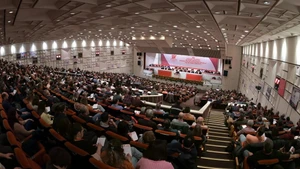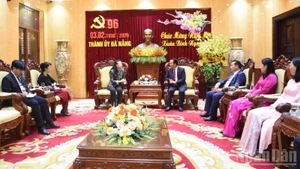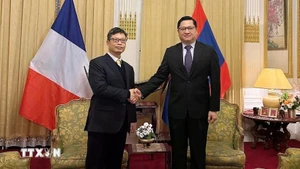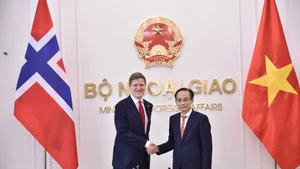Both sides expressed satisfaction with the robust growth of Viet Nam–China relations and the positive progress in mutually beneficial exchanges and cooperation between ministries, sectors, and localities of Viet Nam and Guangdong.
Son congratulated China on the successful holding of the 4th meeting of the 20th Central Committee of the Communist Party of China (CPC), which outlined directions for the 15th Five-Year Plan, and extended congratulations to Guangdong for maintaining its position as China’s leading economic powerhouse, with GDP surpassing 2 trillion USD in 2024.
He praised the effectiveness of the cooperation coordinating conference mechanism, affirming that the Vietnamese Government values, supports, and facilitates expanded cooperation between ministries, sectors, and localities of Viet Nam and Guangdong province.
Sharing Viet Nam’s recent socio-economic achievements and emphasising the vast potential for further cooperation, the Deputy PM urged Guangdong to make better use of existing cooperation frameworks, enhance exchanges with Vietnamese ministries and localities, and assist Viet Nam in training personnel and sharing economic development experience. He also invited Guangdong leaders to attend the upcoming Autumn Economic Forum in Viet Nam.
Regarding practical cooperation, he called on Guangdong, as China’s largest consumer market, to further open its doors to Vietnamese goods and deepen strategic development linkages. He encouraged enterprises from both sides to expand partnerships in strategic infrastructure, digital and green economy, renewable energy, and the development of smart industrial zones.
He also proposed boosting people-to-people exchanges, especially among the younger generation, and effectively implementing the “Red Journey” youth exchange programme for Vietnamese young people in Guangdong as well as enhancing tourism cooperation and launching more direct flight routes between the two sides.
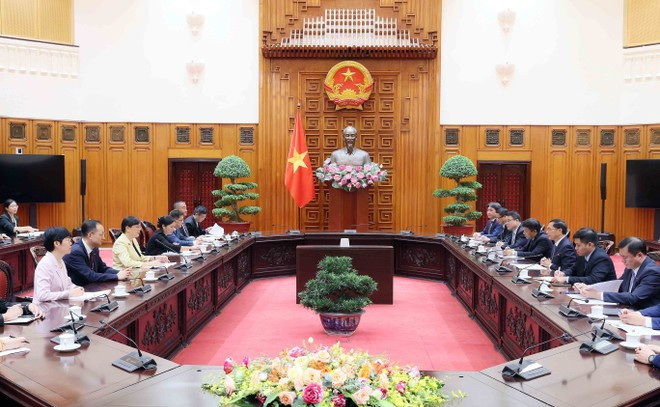
For her part, the Chinese official affirmed that Guangdong attaches great importance to friendly cooperation with Vietnamese ministries, sectors, and localities. She pledged to effectively implement high-level common perceptions, share development opportunities, and make practical contributions to strengthening the Comprehensive Strategic Cooperative Partnership and building a Viet Nam–China community with a shared future that carries strategic significance.
Commending the success of the conference, Zhang expressed her hope that both sides would increase delegation exchanges, share development experiences, and make the use of existing cooperation mechanisms. She proposed expanding ties with other promising Vietnamese localities and enhancing collaboration in trade and investment, connectivity, science and technology, smart urban management, and urban railway development.
She also highlighted the importance of promoting people-to-people exchanges and leveraging revolutionary heritage sites such as the headquarters of the Vietnamese Revolutionary Youth League and the grave of martyr Pham Hong Thai. Zhang called for effective implementation of the “Red Journey” programme, contributing to a stronger social foundation for Viet Nam–China relations.
